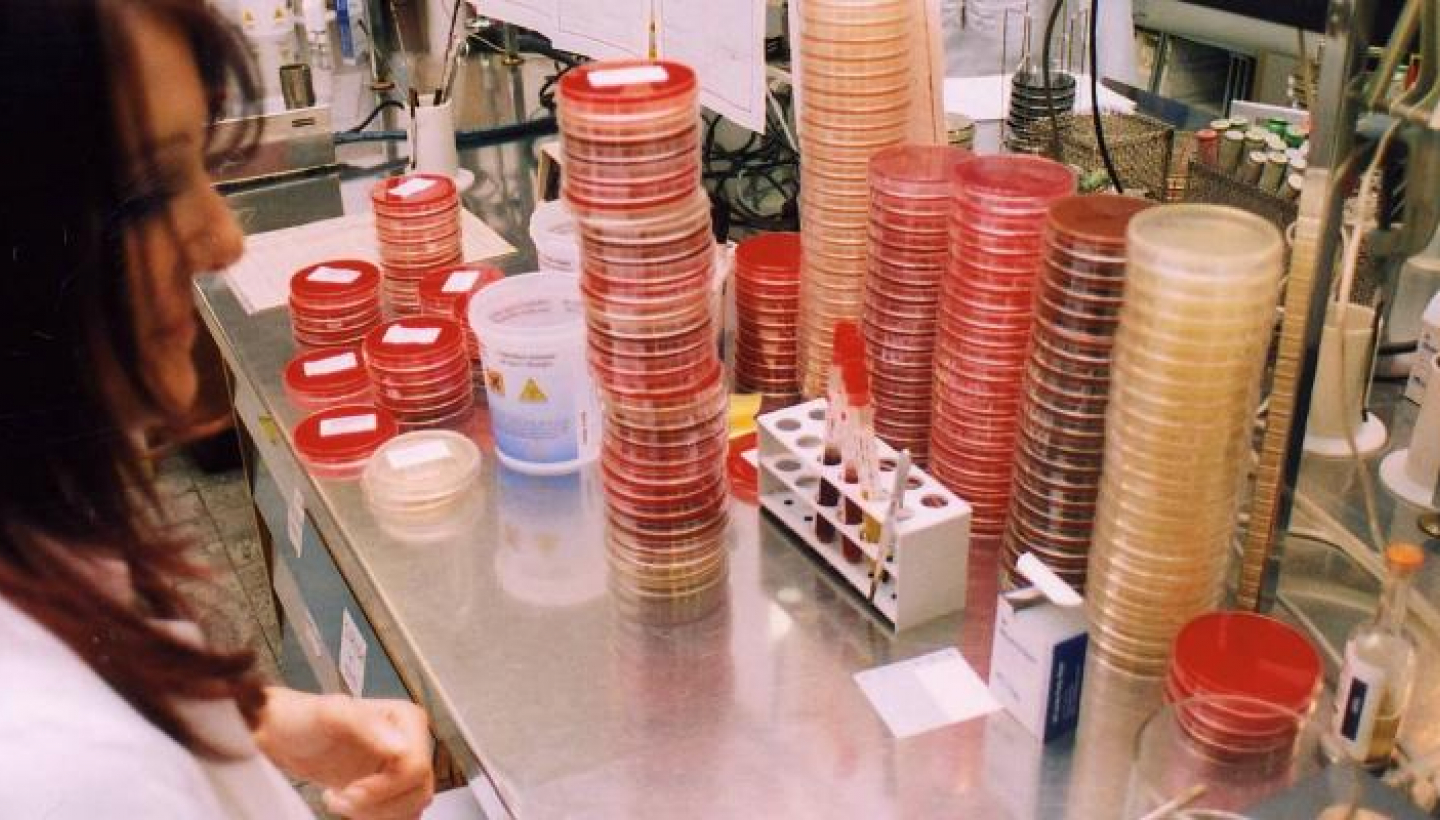During the swine flu pandemic of 2009 Argentina had a hard time obtaining the necessary vaccinations, all were absorbed by the developed countries. Hugo Sigman, Insud Group CEO, shareholder in several local pharmaceuticals, saw an opportunity and in just three years created a company. Sinergium Biotech, had obtained the technology and built an industrial plant with capacity to produce more than 20 million doses of vaccine per year in addition to being the first South American plant with the ability to produce monoclonal antibodies. How did they do it? "A policy of business alliances and public-private partnership. Firms contribute their skills and the state their purchasing power to drive development," Sigman explained at the opening ceremony of the plant on December 12. Of course, that state purchasing power was a particular need to leverage the project.
The deal so that Novartis [the patent owner] agreed to transfer its technology was a long-term contract and it was this is what the State offered: the exclusivity for provisions for influenza campaigns lasting ten years, after a bidding which, as expected, Sinergium Biotech won. In return the company is committed to providing vaccines to the reference price set by the Pan American Health Organization-, a total transfer of technology and joint investment in the country which resulted in plant recently opened. Thus, Argentina not only ensured the safety of the delivery of these vaccines, but obtained the incorporation of more than 45 doctors and PhD and guaranteed savings of more than U.S. $ 42 billion a year in imports, plus the new currency that could be generated by export.
"The project involves the production of 22 million doses and Argentinas demand is eight million, so you have to export 14 million" says Abel Di Gilio, president of Sinergium Biotech. The project is to have different productions for the northern and southern hemisphere and work six months, duplicating production. The first available vaccine with the Argentine brand will be on the market starting in 2013, but is entirely local production from 2015 when the factory has the capacity to produce antigens. "I was going to be in 2014, but as the technology has just changed from egg cultures to cell cultures we decided to wait to see if we can incorporate this latest know-how," the company says.
For firms, the project seems to be going better than expected. At least they decided to start from an investment plan of $ 36 million U.S dollars to $ 80 million and a factory of 9,600 m2 to 20,000 m2. Besides adding other unanticipated projects: together with Pfizer they will invest into the production of the pneumococcal vaccine together with PharmADN and also Insud Group. They will become the South american pioneer in the production of monoclonal antibodies used in various cancer treatments.
You can contact John at: juan.dalmasso@gmail.com



